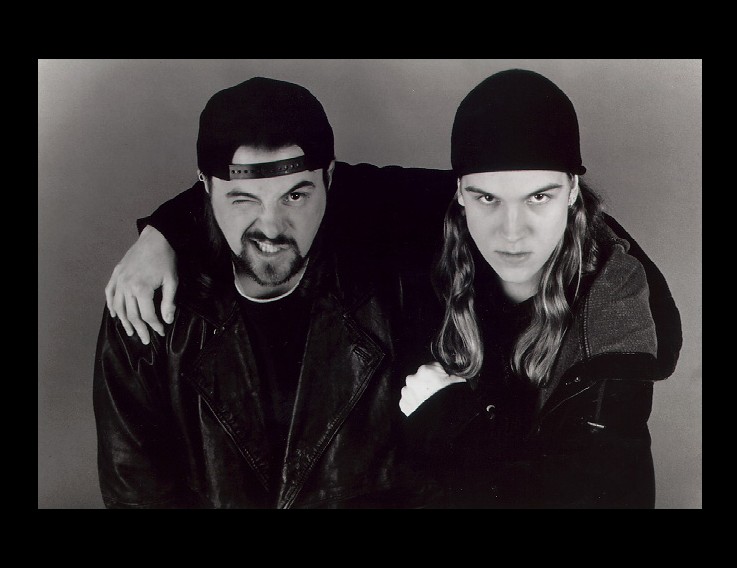Exodus; an interview with Lars Iyer
 What Lars Iyer has managed to do in his trilogy, spanning from Spurious, through Dogma, and now to Exodus—the final book soon to be released from Melville House—feels rather unprecedented. At once these are individually these brilliant picaresque novels ambling through Europe and America; as well as idealistic conversational pieces between his protagonist, Lars, and his counterpart W. Perhaps my favorite aspect of Iyer’s work is the brilliant ways in which he’s able to meld the artists and thinkers of yore, with those today—weaving long conversations about Kafka seamlessly with those about filmmaker Bela Tarr. I’ve loved these novels, and watching them form an official trilogy has me ready to start right over reading them, or anxiously await Iyer’s next effort. I had the opportunity to ask Lars Iyer several questions upon the release of Exodus. We discussed many things, from Nietzsche to Pasolini, and Iyer was prolific in his responses.
What Lars Iyer has managed to do in his trilogy, spanning from Spurious, through Dogma, and now to Exodus—the final book soon to be released from Melville House—feels rather unprecedented. At once these are individually these brilliant picaresque novels ambling through Europe and America; as well as idealistic conversational pieces between his protagonist, Lars, and his counterpart W. Perhaps my favorite aspect of Iyer’s work is the brilliant ways in which he’s able to meld the artists and thinkers of yore, with those today—weaving long conversations about Kafka seamlessly with those about filmmaker Bela Tarr. I’ve loved these novels, and watching them form an official trilogy has me ready to start right over reading them, or anxiously await Iyer’s next effort. I had the opportunity to ask Lars Iyer several questions upon the release of Exodus. We discussed many things, from Nietzsche to Pasolini, and Iyer was prolific in his responses.
***
GM: When it was decided that this interview would happen, I went to check your blog for any updates and found the first entry to be an interview excerpt of Pasolini. Your work draws comparisons from fields far outside the immediate realm of literature—speaking here both of philosophers and filmmakers, comedians and old scribes—so I was wondering about the other side of things; as a writer, how do you address the taboo notion of influence? Do you see the influence of a filmmaker or philosopher as distinctly different than that of a write you greatly admire?
LI: You refer to quotations by Pasolini I excerpted on my blog. I put up quotations of this kind from all manner of sources – from film directors, artists, philosophers, writers and so on – anything I find intriguing, anything encouraging or ‘true’ in some sense. I quote from those I take to be allies – friends of a kind, who I imagine stand with me against common enemies. In this way, I try to spur myself on, especially during those dry periods when I can’t think of anything to write in my own name. The field of endeavour of those whom I quote are of little consequence in this regard – film, art, philosophy, literature – I’m looking only to be enlivened, for an axe to shatter my frozen sea.
How would I address the question of influence? One temptation, in speaking of the works of those who have meant most to you, is to give a narrative – of having read this and then that, of having incorporated this lesson and then that one – without considering how the texts in question transformed your methods of narration, and your ability to construct a coherent narrative regarding what was important to you. There is the risk of rendering linear and personal what is a much more complex reality, in which linearity and the very notion of the ‘personal’ are open to question.
Let me make this concrete. There was a time when lyrical works appealed to me, and lyrical ways of recasting your experience. So I wrote in a lyrical mode, of things that would allow of lyrical treatment. I took various lyrical writers as exemplars. As I grew older, overwhelmed by a world that seemed ill-fitted for such treatment, these modes seemed lifeless to me.
An open letter to Kevin Smith (aka Silent Bob) about silence and writing-as-shitting
Dear Kevin Smith,
You have a fucking radio show? That’s kind of hilarious because you were always the silent one. You were Silent Bob. You went from being pure body to pure voice. Why’d you do it, man? There was something philosophical about your silence, they way you were so expressive without saying anything. We all liked to imagine what you were thinking, how you were perceiving everything that was going on around you. There was a profound quality to your sparse interjections (because you never spoke, because of the scarcity of your words). The law of economics says that when demand exceeds supply, value increases. Maybe I should shut up. Maybe I should retreat into silence like you once did. Maybe then—only then—will people give a shit about any of this. Any of these words.
When you did speak, we felt lucky to be graced by your wise words. Because you never spoke, we felt like you were enlightened, like you were beyond language, like language was something the petty people did, and you did not need it. You were above all that, the way spiritual gurus are above food, the way they no longer need to satiate those earthly desires. You didn’t need to feed the part of the body that longs for recognition. You were a watcher, an observer. Everyone around you was always blabbering on and on, but you didn’t feel the need to fill up space in the same way. You know, most people feel anxious about silence. It’s the hardest thing, to live in silence. You can’t just “be” next to someone. It makes you totally nuts to feel like you don’t know what they’re thinking. Maybe their silence means hatred. Maybe I’m fucking boring. So we talk on and on because we are afraid, because we need to know where the other person is at, because silence can mean anything and we need our interactions to be anchored in certainty.

